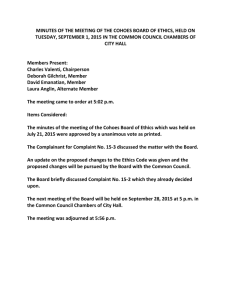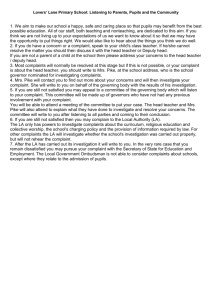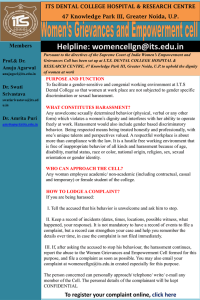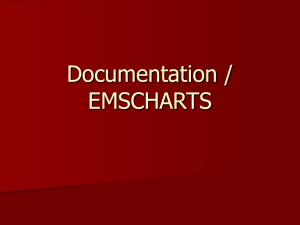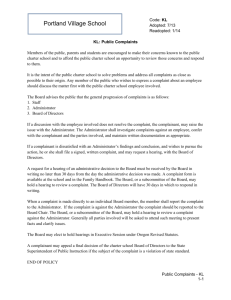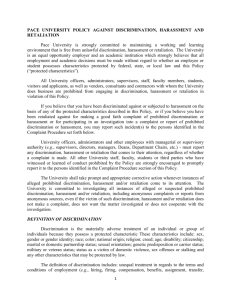UNDP Ethics Office Confidentiality policy
advertisement
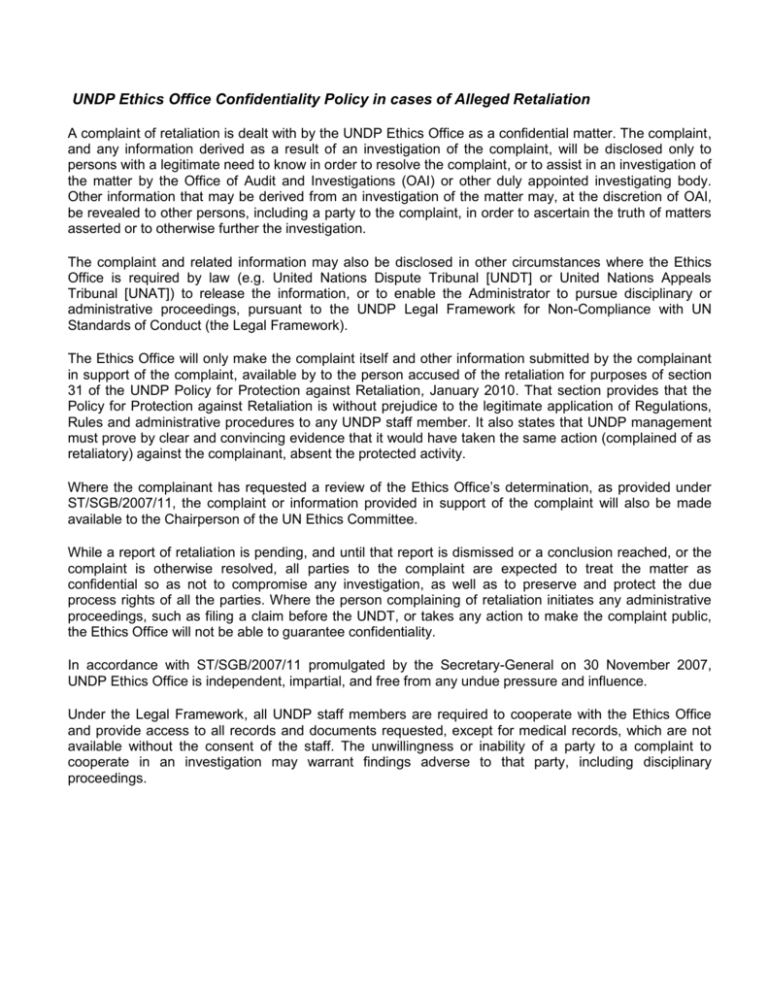
UNDP Ethics Office Confidentiality Policy in cases of Alleged Retaliation A complaint of retaliation is dealt with by the UNDP Ethics Office as a confidential matter. The complaint, and any information derived as a result of an investigation of the complaint, will be disclosed only to persons with a legitimate need to know in order to resolve the complaint, or to assist in an investigation of the matter by the Office of Audit and Investigations (OAI) or other duly appointed investigating body. Other information that may be derived from an investigation of the matter may, at the discretion of OAI, be revealed to other persons, including a party to the complaint, in order to ascertain the truth of matters asserted or to otherwise further the investigation. The complaint and related information may also be disclosed in other circumstances where the Ethics Office is required by law (e.g. United Nations Dispute Tribunal [UNDT] or United Nations Appeals Tribunal [UNAT]) to release the information, or to enable the Administrator to pursue disciplinary or administrative proceedings, pursuant to the UNDP Legal Framework for Non-Compliance with UN Standards of Conduct (the Legal Framework). The Ethics Office will only make the complaint itself and other information submitted by the complainant in support of the complaint, available by to the person accused of the retaliation for purposes of section 31 of the UNDP Policy for Protection against Retaliation, January 2010. That section provides that the Policy for Protection against Retaliation is without prejudice to the legitimate application of Regulations, Rules and administrative procedures to any UNDP staff member. It also states that UNDP management must prove by clear and convincing evidence that it would have taken the same action (complained of as retaliatory) against the complainant, absent the protected activity. Where the complainant has requested a review of the Ethics Office’s determination, as provided under ST/SGB/2007/11, the complaint or information provided in support of the complaint will also be made available to the Chairperson of the UN Ethics Committee. While a report of retaliation is pending, and until that report is dismissed or a conclusion reached, or the complaint is otherwise resolved, all parties to the complaint are expected to treat the matter as confidential so as not to compromise any investigation, as well as to preserve and protect the due process rights of all the parties. Where the person complaining of retaliation initiates any administrative proceedings, such as filing a claim before the UNDT, or takes any action to make the complaint public, the Ethics Office will not be able to guarantee confidentiality. In accordance with ST/SGB/2007/11 promulgated by the Secretary-General on 30 November 2007, UNDP Ethics Office is independent, impartial, and free from any undue pressure and influence. Under the Legal Framework, all UNDP staff members are required to cooperate with the Ethics Office and provide access to all records and documents requested, except for medical records, which are not available without the consent of the staff. The unwillingness or inability of a party to a complaint to cooperate in an investigation may warrant findings adverse to that party, including disciplinary proceedings.
